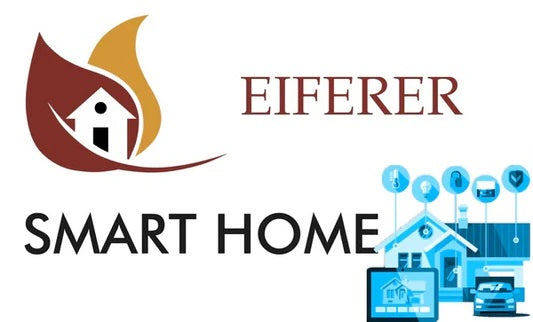South Africa lags behind the world in smart home ownership, with a 23% gap between South African and global consumers when it comes to embracing the use of internet-connected devices to enable the remote monitoring and management of appliances and systems.
"While there are some understandable barriers to smart home adoption in South Africa, opportunities also exist for smart home proliferation," says Dr Andrew Dickson, Executive: Engineering at CBI-electric: low voltage
He notes that one of the critical hindrances is internet accessibility. According to the latest Digital Quality of Life survey, which ranks countries based on five pillars, internet affordability, internet quality, e-infrastructure, e-security, and e-government - South Africa placed 68th out of 110 countries. "While we took the 26th spot for affordability, we didn't perform as well on internet quality where we ranked 57th and 87th for electronic infrastructure, both of which are essential for effective use of smart home technology."
However, he says there is hope. "Earlier this year, the Minister of Communications and Digital Technologies, Khumbudzo Ntshavheni, stated that every South African will be given access to the internet as a core utility. During her State of the Nation debate, she shared that data has become a new utility, like water and electricity, that our home needs. At some point, a South African household, whether they are rich or poor, will be given access to 10GB per month, because that is what the government will deliver."
Another hurdle Dr Dickson has observed locally and globally is mistrust of smart home tech. Surveys conducted amongst consumers in Australia, Canada, France, Japan, the UK and the US, have found that many are sceptical about consumer Internet of Things devices which include smart home technologies. For example, 63% of people surveyed said they find connected devices "creepy" in the way they collect data about people and their behaviour, while 28% stated they will not own a smart device due to security concerns.
“If these are the attitudes of consumers in more developed countries where smart devices are more pervasive and more advanced, one need only imagine the perceptions of the local market. Education around the capabilities and safety elements of these devices is clearly lacking and will be crucial for putting consumers’ minds at ease and expanding the South African smart home market.”
Cost is an additional concern. “The most recent BankservAfrica Take-home Pay Index has revealed that the average South African real take-home salary is R16,022, which makes it all the more difficult for South Africans to adopt smart home technology, especially when it comes to devices from overseas. That said, there are several locally developed products that are available at a more affordable rate. Plus, there are ways to make homes smarter without enormous cash outlays, homeowners themselves will need to be smart in how they go about doing so, such as by installing one smart device at a time and focussing on energy intensive appliances or security areas first.”
Despite the obstacles, Dickson believes that current market conditions, like the accelerated digital adoption rate, will enable increased smart home device implementation: “Since the COVID-19 pandemic struck, homes have been turned into digital hubs for work, study and entertainment. Smart homes are a natural evolution.”
He concludes by saying, “As more South Africans become aware of the benefits smart home devices offer, such as monitoring and managing electricity consumption, as well as providing appliances with some protection in the event of load shedding surges, the adoption rate will increase in the country. Simply put, smart is the way for homes of the future.”
Source: https://bit.ly/3MldD9R
